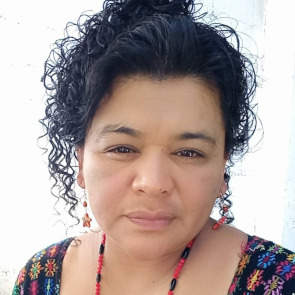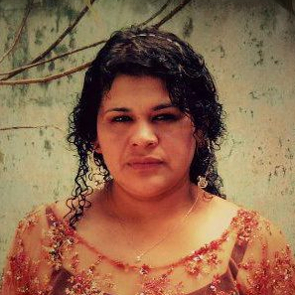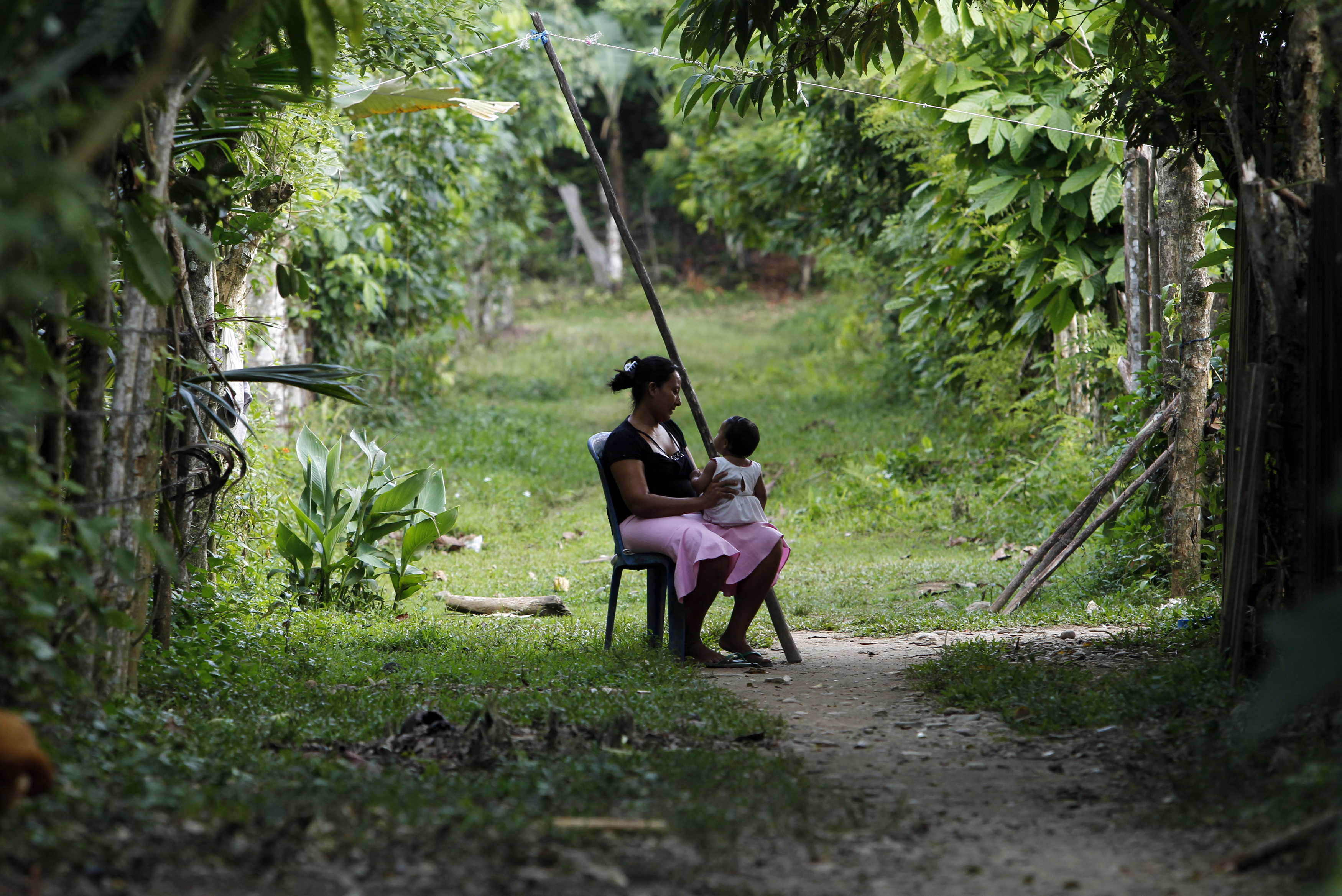
“The reality is that, as women, we are agents of resistance because we defend our territories, our families, life and sovereignty. Raising our voices to defend and confront the repressive system is a crime. Criminalization of women is increasing. There have been more than 344 arrest warrants issued as a result of their defence as women of their territory”.
Lesbia Artola is a woman human rights defender and member of Comité Campesino del Altiplano – CCDA (Campesino Committee of the Highlands) in Cobán, Alta Verapaz, Guatemala.
She fights against sexism in all its forms, works to amplify the voices of women human rights defenders and promotes gender equality. Lesbia also fights for the men and women’s equal exercise of the right to land, as well as for campesino rights. In the context of a patriarchal, sexist and racist state, being an indigenous woman means facing many challenges in the struggle to resist. Lesbia fights against these struggles which often have their roots in family dynamics, where women are not valued, their strength is not recognized and their demands face many limitations.
Being an indigenous leader, Lesbia has courageously and bravely resisted the extermination of native peoples in Guatemala, while fighting for access to land and labour rights for Mayan indigenous in Guatemala.
During different periods of history, the Q'ueqchi population has been the victim of dispossession of its lands, which in recent decades has worsened due to the imposition of mega-projects of African palm, hydroelectric, mining by transnational companies that continue to plunder the natural resources in its territories. This has meant persecution, criminalization, violence, murder, and extreme poverty of indigenous families.



